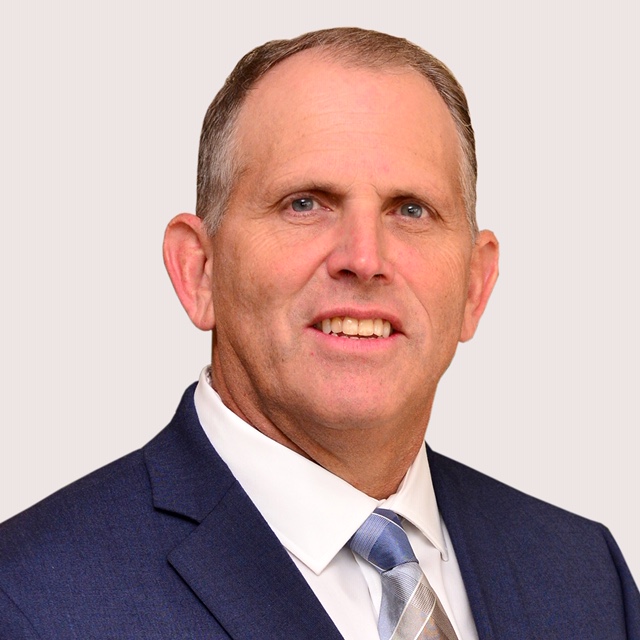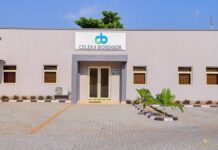The development of Nigeria’s vast gas resources has been one of the major policy thrusts of successive governments in Nigeria. It is worthy of note that Nigeria is blessed with resources for growth and global competition in gas.
According to the Department of Petroleum Resources (DPR), Nigeria has the largest gas reserves in Africa and is ranked 9th globally – Current estimates put its proven reserves at about 200 (Tcf) and 600Tcf unproven.
Nigeria has a robust and rapidly evolving demand base. Through the National Gas Policy (NGP) and the Nigerian Gas Master Plan, the FGN continues to focus its efforts to unlock the vast gas resources through reducing gas flaring, increasing domestic supply and utilization, while diversifying Nigeria’s economy.
In Nigeria, Chevron Nigeria Limited (CNL), the operator of the joint venture between the Nigerian National Petroleum Corporation (NNPC) and CNL ranks high among some corporate bodies that play leading role in gas development in the country. CNL has continued to receive accolades for its contributions to gas development in support of the Government’s gas development objectives. In February 2018, at the Nigerian International Petroleum Summit (NIPS) in Abuja, Chevron received an award as the greatest contributor of domestic gas in Nigeria.
Chairman/Managing Director of CNL, Mr. Jeff Ewing explained that CNL has contributed immensely to the Nigerian government’s gas master plan through the various gas projects it has embarked on and that the company is the highest contributor of high quality gas to the domestic market in Nigeria.
Also, according to the Department of Petroleum Resources (DPR), CNL supplies about 40% of Nigeria’s domestic gas consumption and the company is one of the highest contributors of high quality domestic gas in Nigeria.
Jeff noted that through investments in gathering and processing of associated gas, routine flaring has been reduced by over 90% in the last ten years in CNL’s operations.
According to him, “amidst the growing global trend in gas production and utilization, the expectations for the gas sector in Nigeria remain high and provide opportunities for investment in the sector.
The opportunities include: Transitioning from an oil based economy to a more integrated oil and gas economy and end routine gas flaring; Deliberate exploration for non-associated gas to support the Nigeria Gas Master Plan, with a focus on high liquid yield non-associated gas resources to optimize the gas development project economics.. Other opportunities include: Removing constraints in the gas to power value chain to increase investor confidence, and Supporting and enabling competitive (“Willing Buyer – Willing Seller”) gas pricing model across the chain to enable stakeholders cover their costs and be guaranteed a return on investment.
CNL’s Chairman/Managing Director explained that the company’s gas story began with the implementation of different phases of the Escravos Gas Project (EGP), with four phases of development over the years. He stated that the EGP gas gathering, and processing facilities placed CNL as one of the pioneers in creating a practical and economic solution for gas flaring in the Nigerian oil and gas industry. Also CNL’s Sonam Field development facility is designed to process natural gas through the EGP and is expected to deliver a total of 300 million cubic feet of natural gas per day to the domestic gas market and produce over 30,000 barrels of combined Liquefied Petroleum Gas (LPG) and condensate per day
The strategy, said the Chairman/Managing Director, includes: ending routine gas flaring; boosting domestic supply diversifying and commercializing gas resources through Gas-Based Industries such as its Escravos Gas-to-Liquid (EGTL) Plant. CNL works very closely with our JV partner (NNPC), pertinent government agencies and industry stakeholders to advance domestic gas supply. Very notable are the Gas Sale and Aggregation Agreement (GSAA) with Egbin Power Plc and, more recently with Dangote Fertilizer Limited, Ibeju-Lekki.
Chevron is also supportive of Nigeria’s leadership in West Africa through our partnership with the NNPC in developing and operating the West African Gas Pipeline (WAGP), a 678 km pipeline that supplies gas to Benin, Togo, and Ghana as part of a broader initiative to develop the energy sector in the region.
CNL is optimistic about the future of oil and gas business in Nigeria as the opportunities are enormous. As the Chairman/Managing Director emphasized: “Chevron has a long commitment to Nigeria. The company has been making significant investments in the country for over 50 years and it expects to do so for many more years to come. With the right policies, the enormous potential of Nigeria’s oil and gas sector can yield even greater benefits.”

























